Life was tough. Now, those living in remote hamlets in Maharashtra are struggling even more
As public transport is not available because of the lockdown, they have to walk long distances in sweltering heat to buy flour and vegetables, medicines or to withdraw money or pension
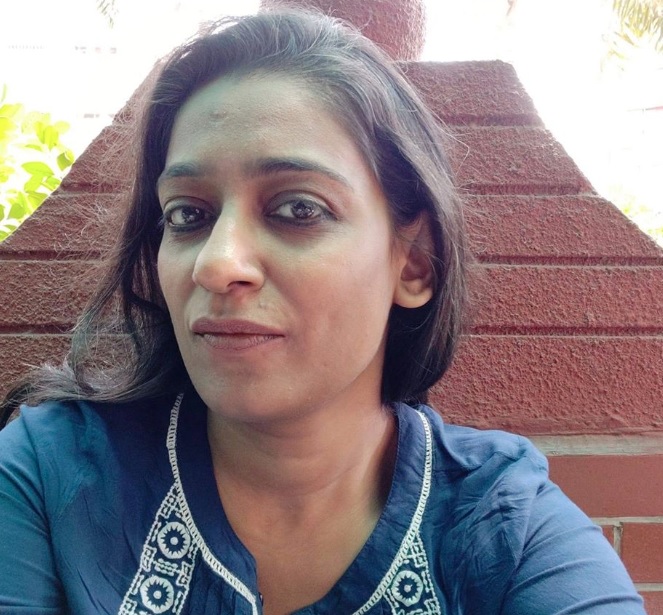
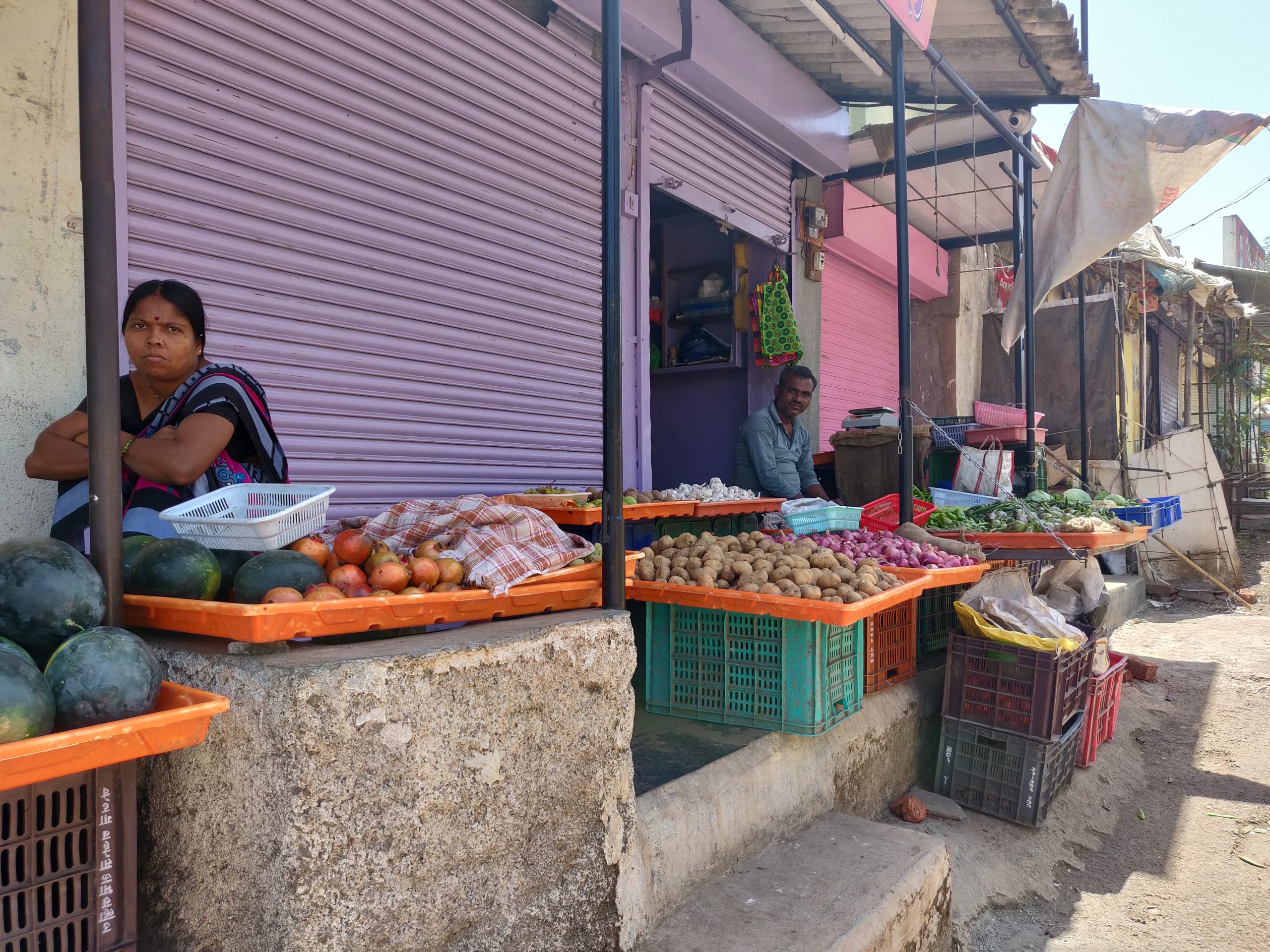
Pune
Rekha Ughad, a 40-plus skinny widow, was resting on a bench under a tree outside the old Gram Panchayat (GP) office wearing a yellow saree. Ughad, along with her son, had walked 3 kms through the forest at 1 PM to reach Panshet — a remote village near the Panshet dam that supplies water to Pune in Maharashtra, and the Western Ghats — to withdraw widow pension from the bank. The hamlet where she lives does not have a bank, a post office, any grocery or vegetable shop or a flour mill. At least 10 families live here.
Rekha said: “I could not start early as I had to fetch water from the well. Due to the unavailability of electricity, we don’t get water supply at home. By the time I reached, the bank was closed. Now that I am here, I will buy at least buy groceries and vegetables.”
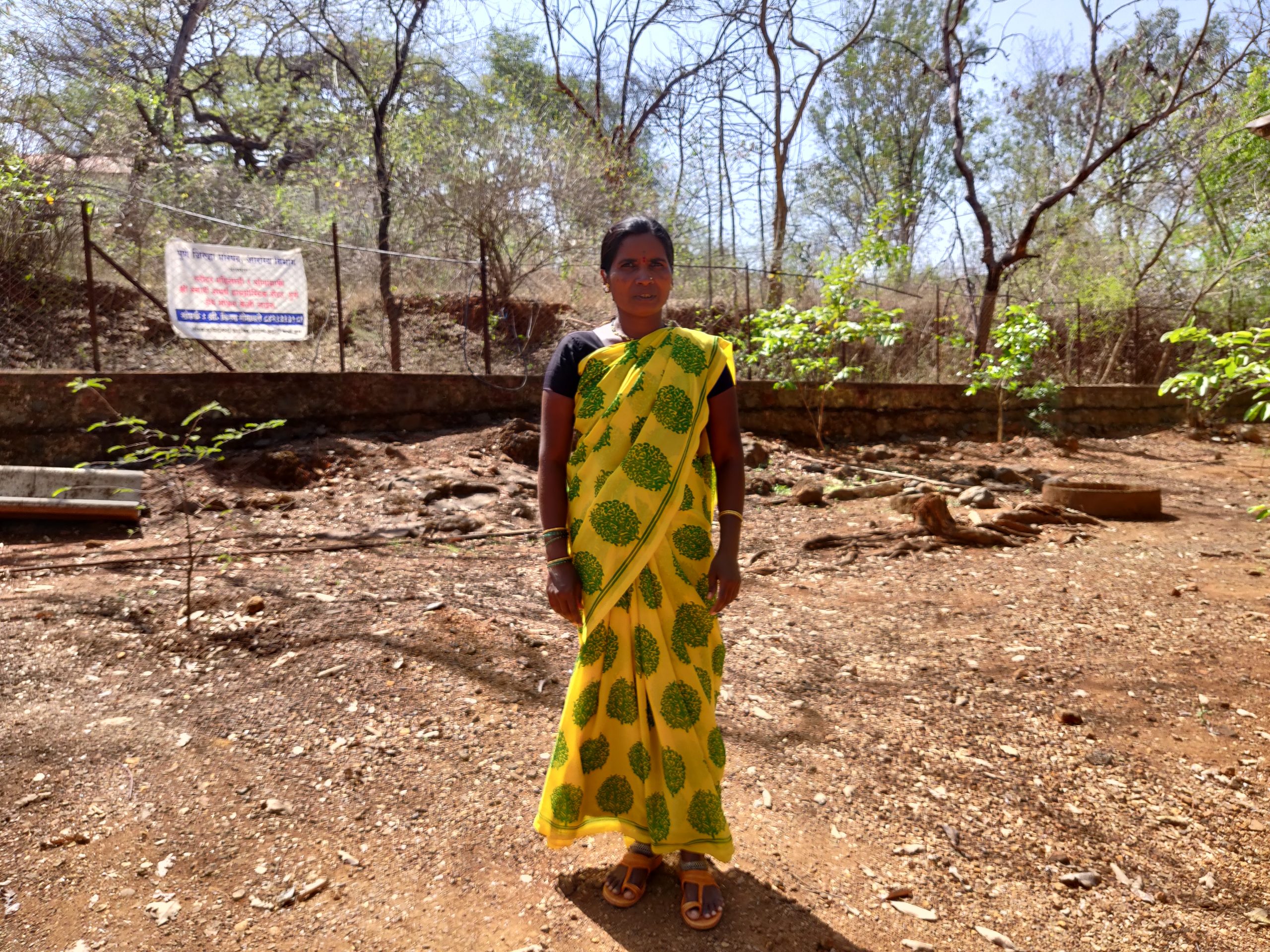
Rekha, who works as a shepherd for a farmer and herds 40 goats, is yet to get the salary for the last month. Her son, who works in a small factory in Pune, came back after the lockdown was announced. She said: “I hope I get the pension as I have to pay the home loan interest, and also pay for the treatment of another son who is bedridden for the last one year after he met with an accident.”
People have no option but to walk
“Panshet is one of the total 130 villages in the Velhe taluka, which is 45 kms from the Pune district. Around 40 villages in Velhe are remote and are situated on the hills. One village is generally a cluster of 3-4 hamlets spread across in an area of 3-4 kms,” informed Shivaji Shinde, tehsildar, Velhe Taluka.
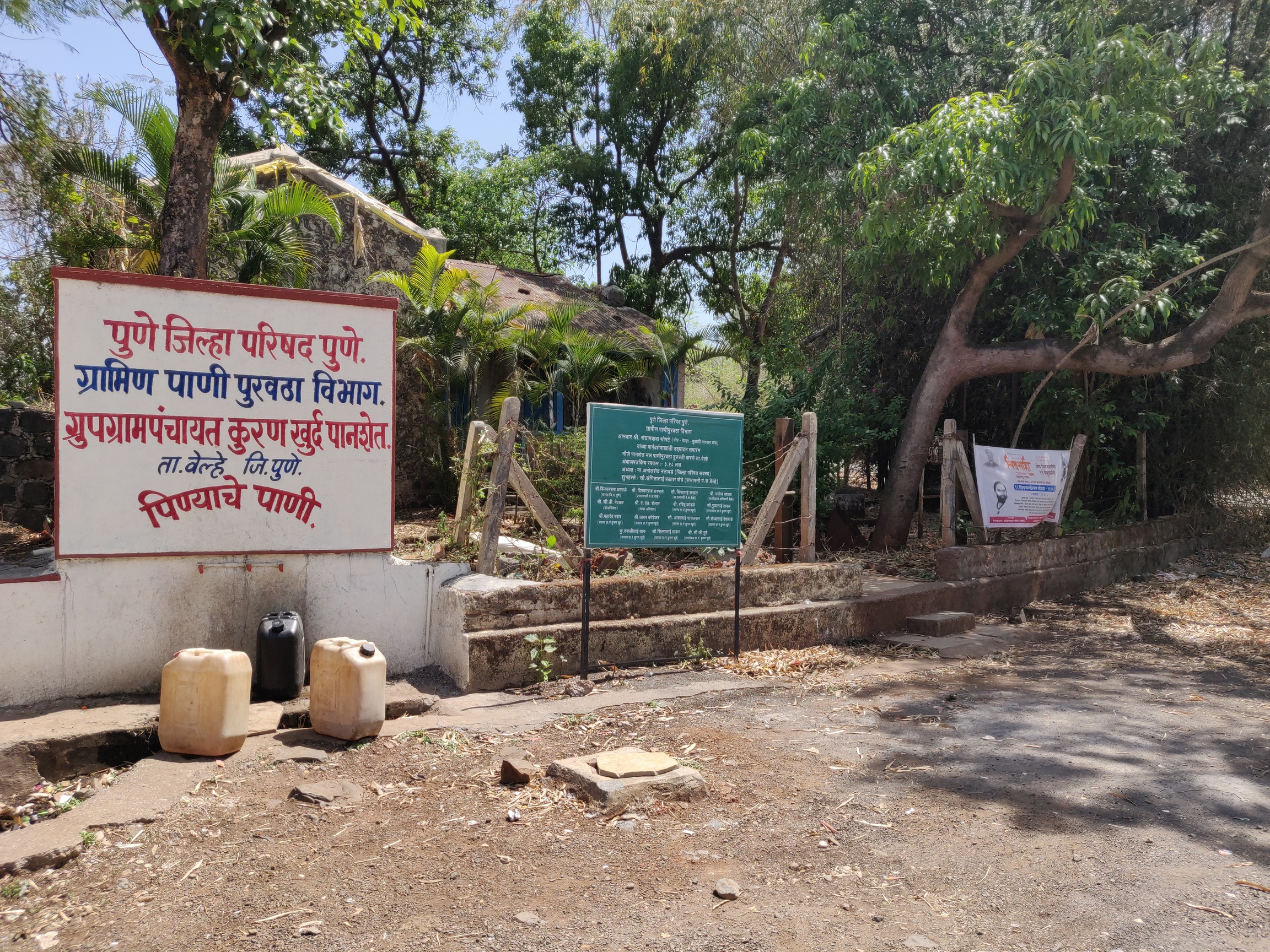
The public transport is shut. Though petrol pumps fall under the essential services, but only those who have passes or identity cards are given petrol or diesel. So, the villagers living in such in remote areas have no option but to walk for kilometres.
Tukaram Gaikwad who lives in Ganjwadi, one such hamlet, trekked down to Panshet one morning to buy groceries. He kept the bag at a friend’s house as he had to get a check-up done at the sub-centre for his back pain and buy medicines. Gaikwad then had to walk uphill, carrying the 5-kg bag, in sweltering heat to reach home. He said, “This is the short cut. If I take the main road, it will take me two hours.”
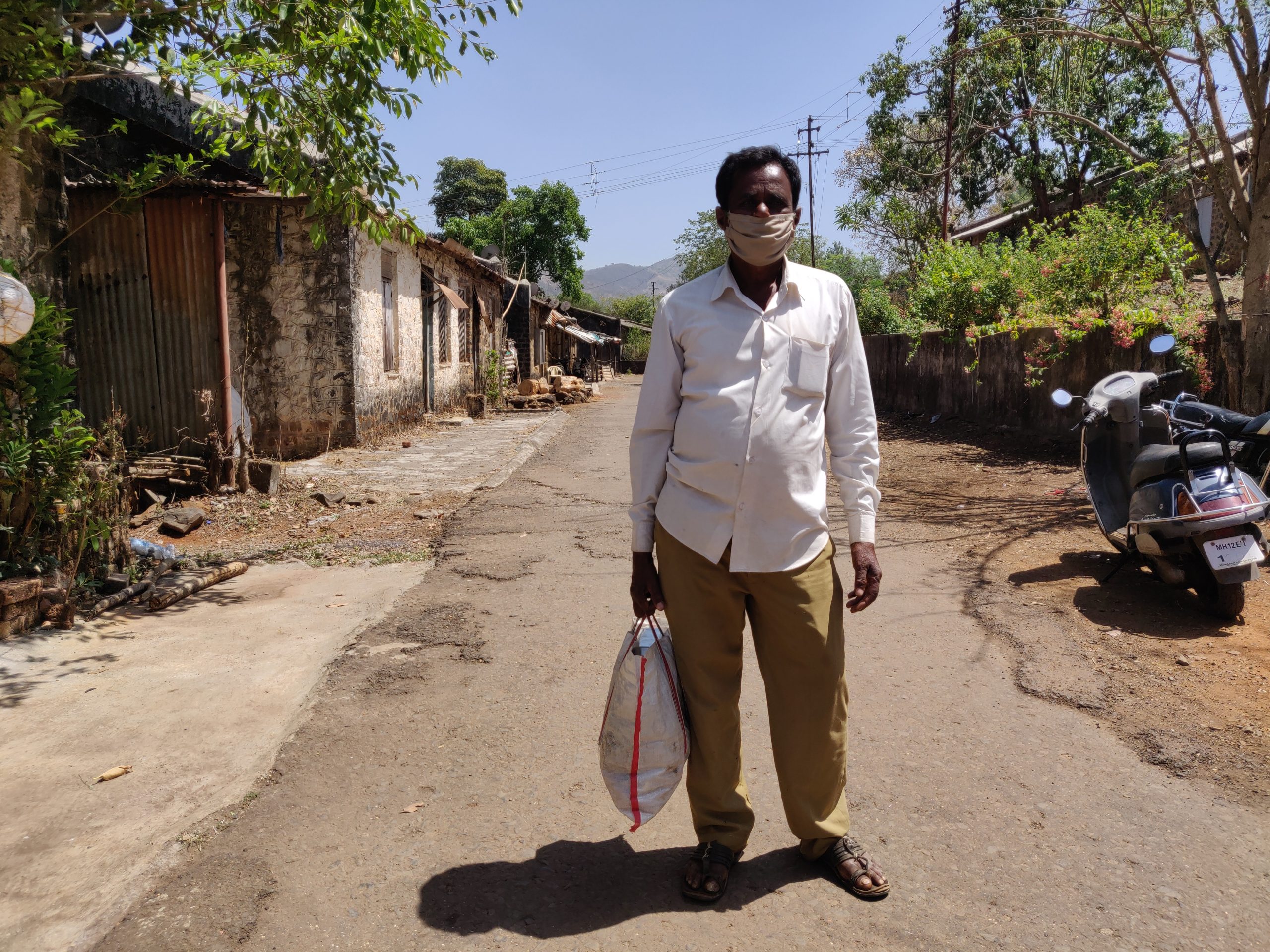
Akshay Trikone, a youngster living in Panshet, said: “There is one grocery store, vegetable/fruit store and a flour mill for 3-4 hamlets that are spread across an area of 3-4 kms. A few Adivasis hamlets are 20-30 kms away, situated on the hills, where there is no mobile connectivity. I see many of them coming here to buy groceries.”
Shinde, the tehsildar, said: “We have appointed volunteers in each village. We call them ‘Gramdut’. After talking to villagers, they make a list of grocery items and fruits, vegetables. They either visit the market in Pune or collaborate with the local grocery shop to buy these items for people.”
When he was told that many villagers have no idea about these Gramduts, he said: “This is a new initiative and soon people will come to know about them. We started this initiative at the Velhe taluka and now other talukas have started with the same initiative.”
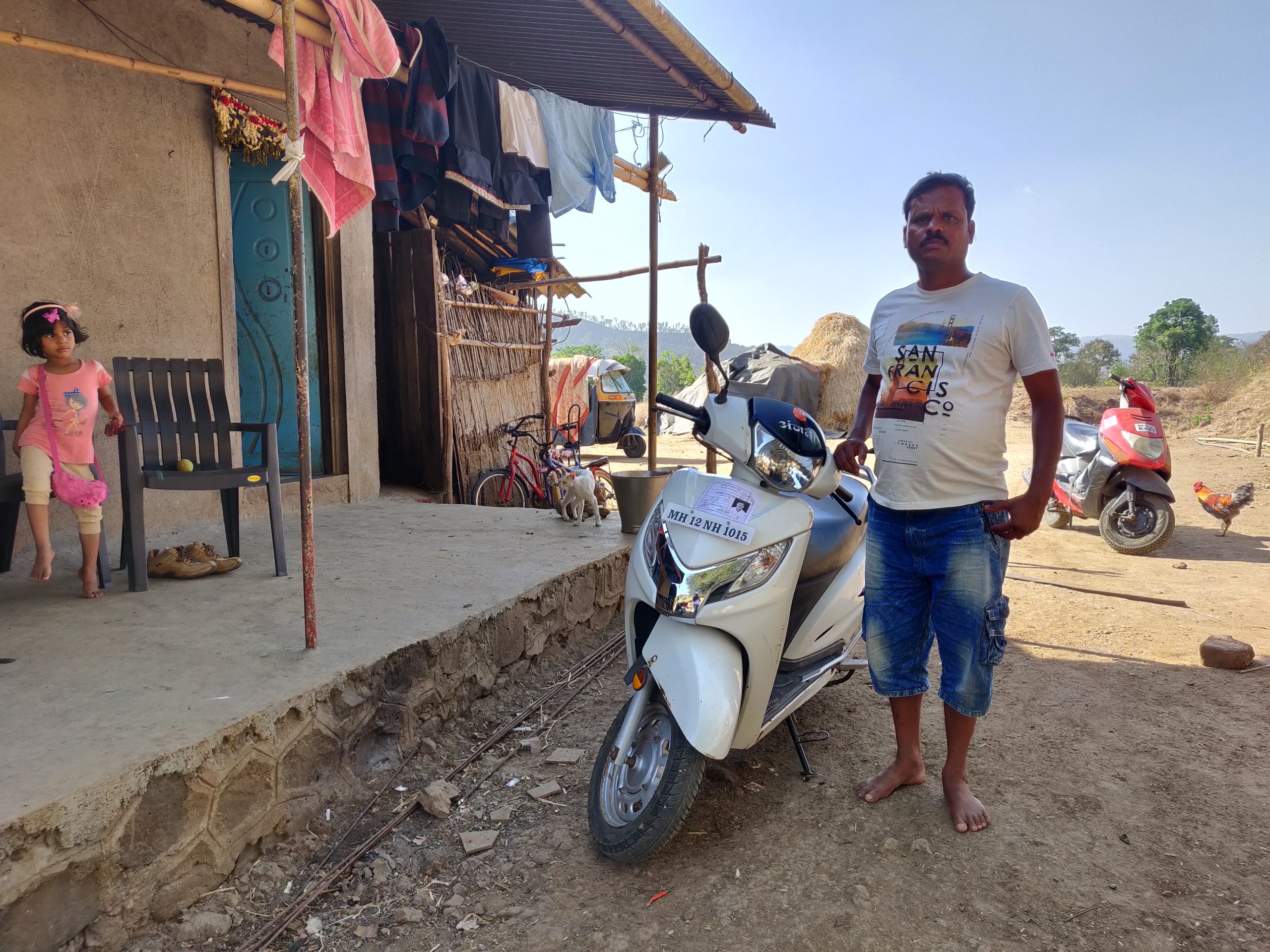
“The lockdown has worsened the situation”
Around 4,500 villages in the country are situated in the forests or reserved areas, like sanctuaries, where commercial activities, like opening a shop, are not allowed. Out of the total 2.5 lakh gram panchayats in India, 10-15% are a cluster of small hamlets.
Subhash Dolas, a 23-year-old college student, who also heads the community tourism centre at the Yelavali hamlet near the Bhimashankar forest, said all the 108 residents in his village face problems in buying groceries and vegetables on a daily basis. To reach this hamlet is a task — from Bhorgiri, the nearest village, one has trek uphill for an hour, and along the way has to cross a river and an old wooden bridge.
There are no shops in Yelavali hamlet– which falls under the Bhomane gram panchayat situated 23 kms away — and the Bhorgiri village, as both are situated in the forest areas and one can’t open shops here. The villagers usually buy essentials from the weekly market, but because of the lockdown, it is not functioning.
Subhash, the college student, said: “I have to walk to Dehane, which is 12 kms away, to withdraw money deposited by milk cooperatives to whom we supply milk to. A tanker comes to Bhorgiri to collect milk daily. The administration should supply essentials like groceries at Bhorgiri.”
He added: “To reach a clinic or hospital is a problem even otherwise. But the lockdown has worsened the situation as no vehicles are available. Many residents who have small illnesses are treating them at home with traditional medicines.”
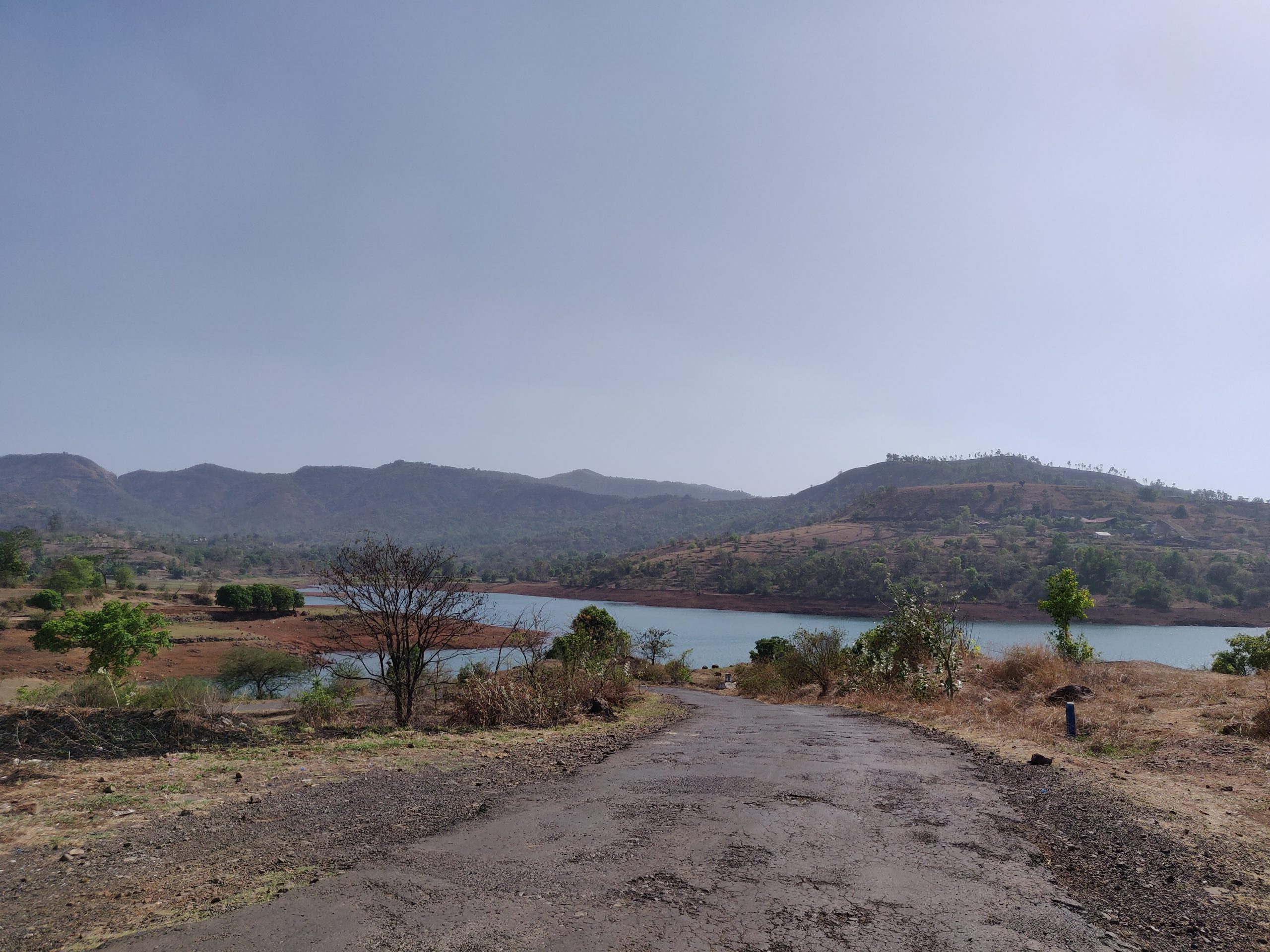
The counter view
When we got in touch with Suchitra Amle, the tehsildar of Khed, under which the Yelavali hamlet falls, she said there are no connectivity issues and people are getting ration.
“In the Bhimashankar forest, there are 13 villages, including many hamlets, spread across in the remote hilly areas. The other 100-odd villages in Khed are in the plains. Thirteen out of the total 110 villages of Khed Taluka are inside the Bhimashankar sanctuary, but connectivity to each village or hamlet in the sanctuary is good”, she said.
She added: “The administration has arranged for food packets consisting of grains, spices, pulses to each family below the poverty line with the help of donations. Besides, all are given ration through the Public Distribution System. But if they have more complaints, we will reach out to them.”
The situation on the ground, however, was very different.
Summing up, Omkar More, an activist from the Hamal Panchayat, said: “The government shouldn’t be shifting its responsibilities on to the social organisations. It is the government’s responsibility to provide all the essential services to the people so that they don’t suffer in this situation.”

